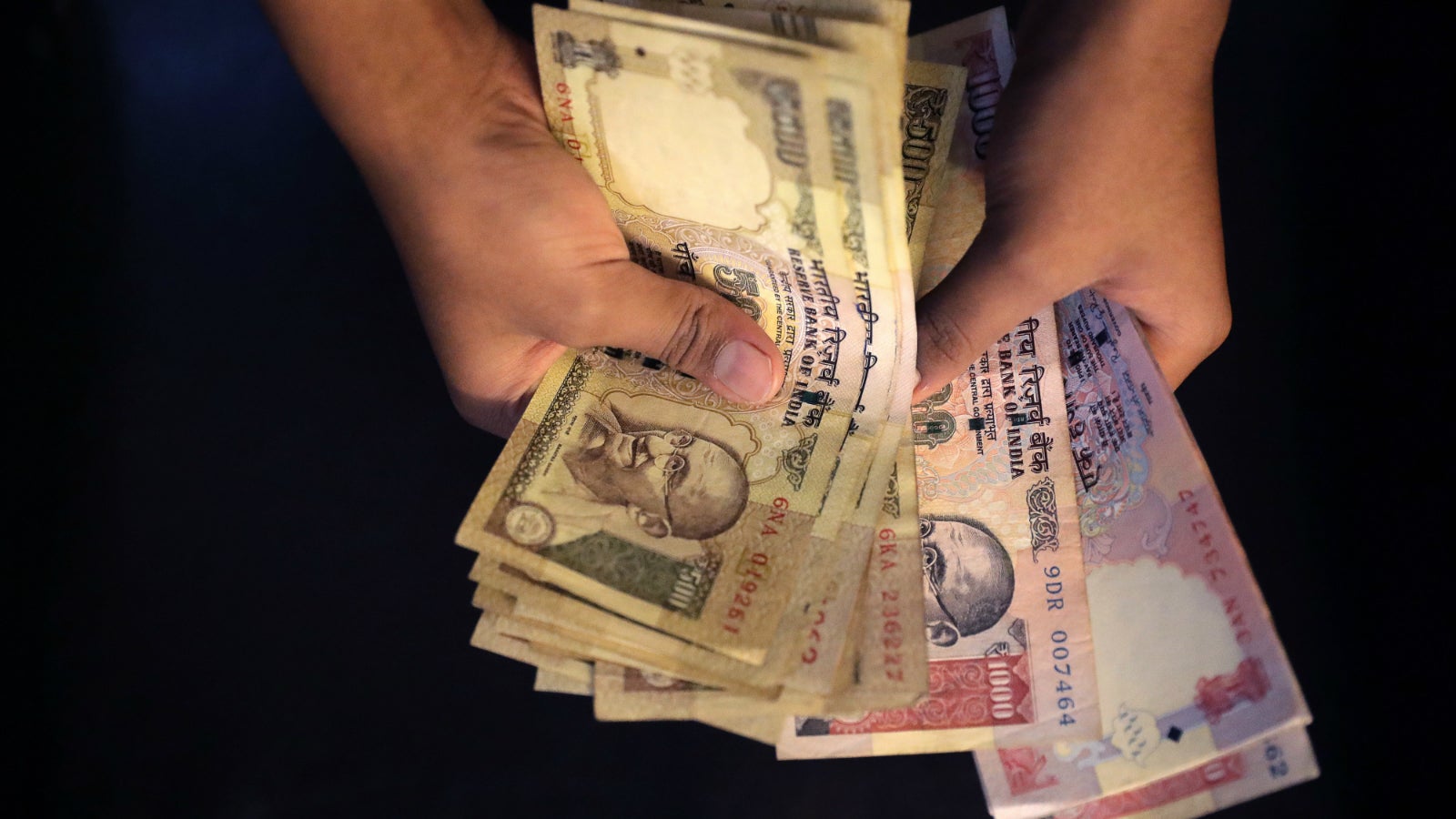What will happen to all those useless Rs500 and Rs1,000 notes you deposit in banks?
India will soon begin collecting Rs500 and Rs1,000 notes, which are legal no more since Nov. 08 midnight, as announced by the Narendra Modi government.


India will soon begin collecting Rs500 and Rs1,000 notes, which are legal no more since Nov. 08 midnight, as announced by the Narendra Modi government.
Over the next 50 days, banks across the country will accept these notes from those looking to deposit or exchange them. Together, there are about 22 billion currency notes in the existing Rs500 and Rs1,000 denominations, which is around 24% of the total 90.26 billion notes in circulation.
So what will happen to these billions of notes after they are collected by the government?
“They will destroy them, as they do all old, damaged notes,” Arvind Virmani, India’s former chief economic advisor, said. “There will be shredding. But, (I) don’t know if the shredded material is burnt.”
The RBI has 27 shredding and briquet machines—the latter is used to make small bricks of paper out of the discarded notes—at 19 locations in the country. ”Banknotes returned from circulation are deposited at the issue offices of the Reserve Bank,” it says in the FAQ section of the RBI website. “Those which are unfit for reissue are destroyed by way of shredding after completion of (the) examination process.” RBI is yet to respond to a questionnaire from Quartz.
Once shredded, this waste is likely to be disposed of in landfills and reclamations. “We produce between 20 and 25 sacks like that every day,” R Gandhi, a deputy governor at RBI, had told the Mint newspaper in 2008. “Then, once a week or so, when there are enough bags for a truckload, somebody comes and picks them up.”
India’s central bank used to incinerate old notes until the mid-1990s before it decided to look for better, more eco-friendly alternatives. That’s when it adopted the popular international model of shredding. In the US, too, the Federal Reserve sends shredded notes to landfills.
In 1999, as part of its “Clean Note Policy,” India took stringent measures to withdraw unfit notes. Between 2001 and 2011, up to 116 billion notes had lost their usable value, resulting in their shredding. Last year, over 1.64 billion notes, issued before 2005, were shredded in the RBI offices.